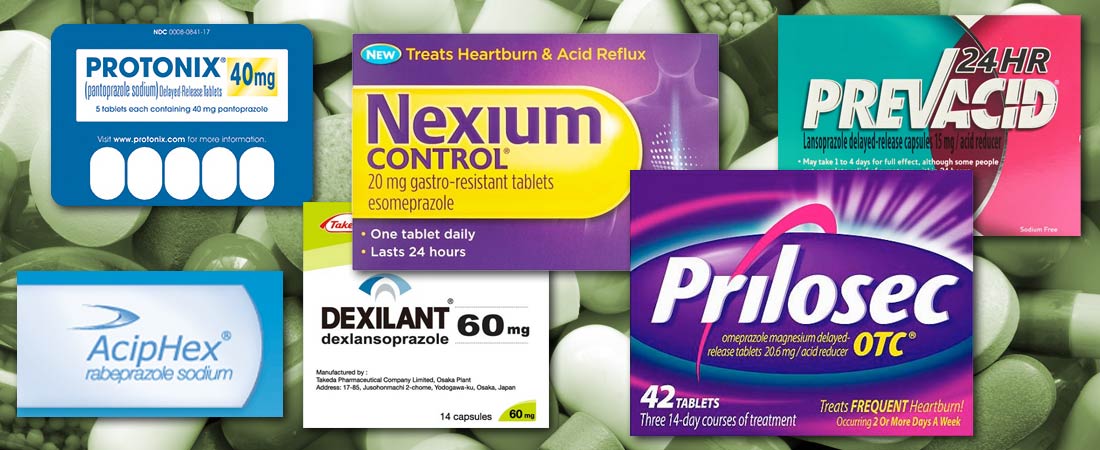For the latest on Thailand Medical Industry, Thailand Doctors, Thailand Medical Research, Thailand Hospitals, Thailand Wellness Initiatives and the latest Medical News
A large cohort study conducted jointly by medical researchers from Sungkyunkwan University School of Medicine in Korea and Johns Hopkins Medical Institution in Maryland, USA have indicated that the use of proton pump inhibitors (PPIs) contributes to increased risk of cholangitis.

is an inflammation of the bile duct system. The bile duct system carries bile from your liver and gallbladder into the first part of your small intestine or the duodenum. In most cases cholangitis is caused by a bacterial infection, and often happens suddenly. But in some cases, it may be long-term (chronic). Some people develop inflammation and cholangitis as part of an autoimmune condition.
In the case of cholangitis cause by PPIs, it is suspected that the usage of PPIs causes a change in the microbiome ecosystem in the gut.
The research study involved a nationwide representative sample of the Korean general population followed for 10 years. Researchers used treatment claims to establish PPI use, as well as hospitalization and out‐patient visit claims to identify incident cholangitis.
A total of 58,863 participants had at least one PPI prescription, and 1,834 participants developed cholangitis over 4,212,003 person‐years of follow‐up. Cox regression analysis revealed that compared with nonuse, PPI use carried a sixfold increase in the risk of incident cholangitis (hazard ratio [HR], 6.06, 95 percent CI, 4.64–7.91). This association persisted in fully adjusted models (HR, 5.75, 4.39–7.54).
The risk associated with PPI was highest during treatment and decreased gradually after discontinuation (p-trend<0.001).
The present data highlight the importance of considering cholangitis as a potential complication of PPI use, researchers said.
In a separate study, PPIs were noted to induce an elevation in gastric pH that lessens the bactericidal activity of gastric acid, allowing the passage of more bacteria through the stomach into the duodenum. The investigators postulated that the more pathogens are located in the duodenum, the higher the risk that more pathogens ascend into the bile duct, leading to cholangitis.
PPIs associated with managing gastric reflux diseases have come under scrutiny in recent years as many are associated with long term complications. Incidences of renal or kidney problems, liver cancer , heart attacks and a host of other fatal conditions have been associated with PPIs. Thailand Medical News has done many articles about these in the past for example:
https://www.thailandmedical.news/news/as-evidence-of-damage-from-long-term-ppi-use-mounts,-thai-medical-providers-should-rethink-strategies-to-treat-acid-reflux
https://www.thailandmedical.news/news/more-studies-emerging-that-ppis-(proton-pump-inhibitors)-linked-to-increased-risks-of-d
eaths
https://www.thailandmedical.news/news/new-study-links-ppis-to-kidney-disease-and-failure
https://www.thailandmedical.news/news/proton-pump-inhibitors-(ppis)-and-antibiotics-linked-to-increased-infectious-diarrhea-in-children
https://www.thailandmedical.news/news/us-fda-says-gastric-reflux-drug,-zantac-(ranitidine)-found-to-contain-carcinogen
Patients on PPIs are advised to consult their doctors to find alternative drugs to switch to as soon as possible. With the tons of medical studies available showing the detrimental usage of PPIs, should your doctor do not adhere to your request, change your doctor immediately!
Use of proton pump inhibitors and the risk of cholangitis: a nationwide cohort study Yang Won Min ,Danbee Kang ,Ju‐Young Shin ,Minwoong Kang ,Joo Kyung Park ,Kwang Hyuck Lee ,Jong Kyun Lee ,Kyu Taek Lee ,Poong‐Lyul Rhee First published: 25 August 2019
https://doi.org/10.1111/apt.15466 Alimententary Pharmacology And Therapeutics Journal 2014;39:1194-1203]
Gastroenterology